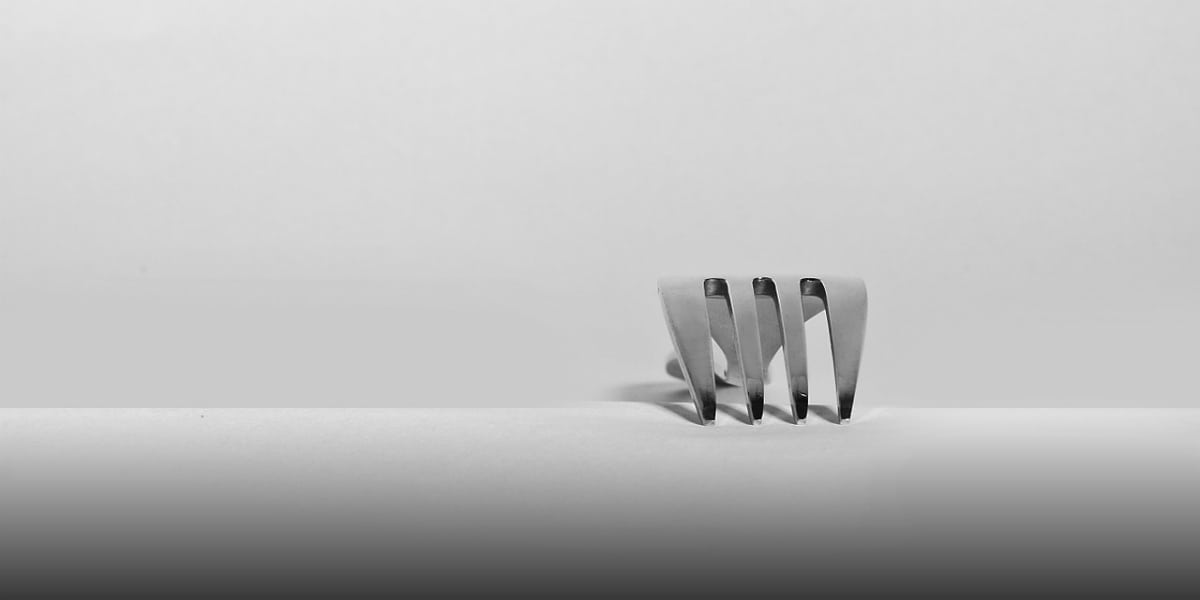Does Ingested Impurity Spread?
Hanafi Fiqh
Answered by Shaykh Abdul-Rahim Reasat
Question
Assalamu ‘Alaykum.
If you ate a meal and later found out there was some impurity in it, is your mouth is pure after swallowing? What about your lips and anything that comes into contact with them, like a cup in the bathroom? Would the cup be impure?
Answer
Wa ‘alaykum assalam wa rahmatullah wa barakatuh.
I pray you are well.
When you eat or drink something impure, the mouth is impure immediately after. However, after a very short time, due to swallowing, moving one’s tongue around, etc., it becomes purified by the saliva. This includes the lips and anything that came into contact with the mouth after a while. They are all pure.
So, if someone drank some wine, for example, and then immediately had a sip of water from a glass, the water will become impure. If, however, he waited for a minute or so between the wine and the sip of water, his mouth would be pure, and so would the glass and water. There is no transfer of impurity.
This is how we are to see that matter, and we are not expected to do a thorough investigation of the matter. “Verily, the [practice of] the religion is ease itself,“ as the Prophet (Allah bless him and give him peace) said. (Bukhari)
Do try to ensure what you eat is pure and halal. It is one of the ways to have your supplications answered, as the advice reported from Prophet (Allah bless him and give him peace) to Sa’d b. Abi Waqqas: “O Sa’d, purify your food, and you’ll be someone whose supplications are answered.“ (Tabarani, Awsat)
May Allah grant you the best of both worlds.
[Shaykh] Abdul-Rahim
Checked and Approved by Shaykh Faraz Rabbani
Shaykh Abdul-Rahim Reasat began his studies in Arabic Grammar and Morphology in 2005. After graduating with a degree in English and History, he moved to Damascus in 2007, where, for 18 months, he studied with many erudite scholars. In late 2008 he moved to Amman, Jordan, where he continued his studies for the next six years in Sacred Law (fiqh), legal theory (Usul al-fiqh), theology, hadith methodology, hadith commentary, and Logic. He was also given licenses of mastery in the science of Quranic recital. He was able to study an extensive curriculum of Quranic sciences, tafsir, Arabic grammar, and Arabic eloquence.
